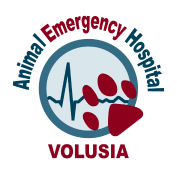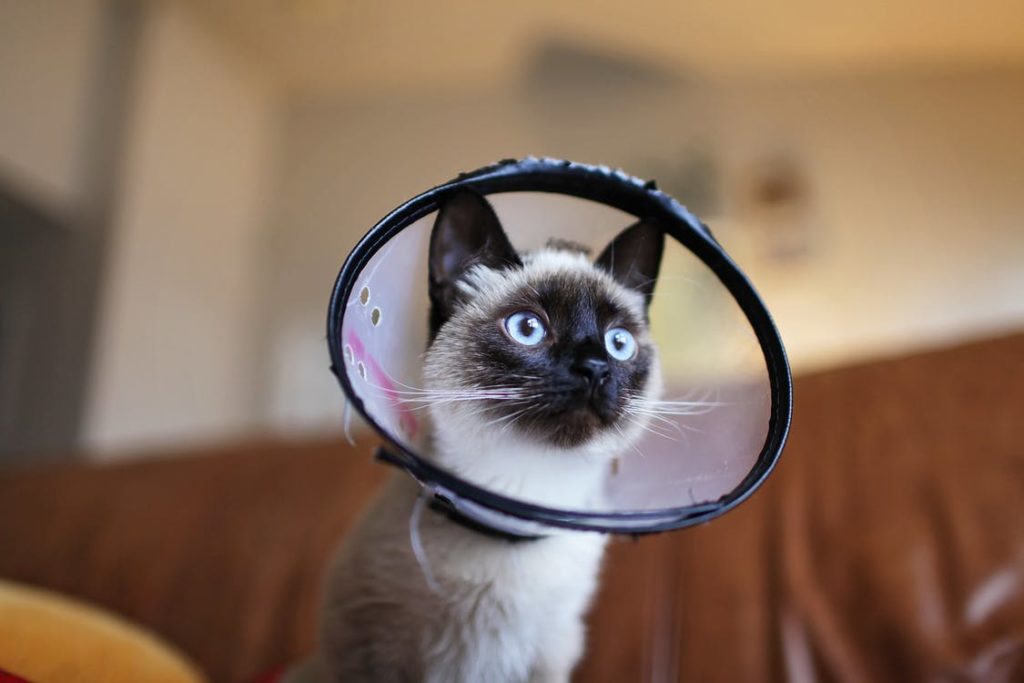If your pet requires surgical care, it can be stressful for you and your family. But know you are not alone! Your
veterinary healthcare team at Animal Emergency Hospital Volusia (AEHV) is here to support you along the way with some quick surgery tips that will help you navigate pre-op and post-op care.
How to Prepare Your Pet for Surgery
Once you have a date for your pet’s procedure, mark your calendar and make a note to start preparing in advance. There are a few things that should be done pre-surgery – and these can take a little time.
Here is a list of things to do before
veterinary surgery:
– Your veterinarian may require lab work on your pet, such as blood work. Get any and all items completed before the day of surgery.
– Groom or bathe your pet pre-surgery. In most cases, they will not be able to have a bath for a few days or weeks, post-op.
– Plan out your post-op care and follow-up appointments so you can ensure a smooth recovery.
– Prepare a safe spot. After the surgery, your furry friend will need a safe, quiet place to rest. In many cases, it may be best to keep them in a crate.
Pay particular attention to your veterinarian’s instructions for withholding food and for how long prior to surgery. This is especially important when undergoing anesthesia.
Once these items are set, you can begin to feel a bit more at ease.
How to Help Your Pet Post-Op
Once you have made preparations, post-op care should go smoothly. Following veterinary surgery, your veterinarian will give you specific care information based on the particular procedure and your pet’s disposition. Try to review that information and follow all steps carefully, especially when it comes to medications for pain relief and overall comfort.
Your pet may receive an Elizabethan collar (e-collar or known as a cone). The e-collar is used to prevent them from scratching or picking at the incision and wound site. While you may not be required to clean the wound, making notes of any changes in that area will help give your veterinarian accurate accounts of the healing process. Also, note any changes in behavior and how they’re coping.
Your pet may be advised to attend
K-Laser Therapy appointments for pain management. This FDA approved technology available at AEHV targets damaged tissue with specific wavelengths of light that have been found to interact with tissue and accelerate the healing process, often even eliminating the need for surgery in certain pets. It is completely painless and very beneficial.
Another important thing is to limit movement and play. During this time, your pet needs rest – and you should make certain that their environment is conducive to just that.
Tips for the Recovery Stage
Depending on the procedure, your pet should be doing better and feeling more energetic a few days post-operation. Here, you may allow your pet to move a bit more. Keep a close eye on your pet during this time, so they do not overdo it.
Depending on the injury or type of surgery, your pet may require physical therapy. Plan these appointments in advance to make sure you and your pet are able to attend all sessions.
Apart from that, you should keep watch and call your veterinary team should anything arise. Recovery may take a few weeks to a few months. Remain patient – and all should go well. You don’t want to undo the good you just did for your pet by letting them get back to normal activities too soon.
AEHV Offers a Full Range of Surgical Services and Special Procedures for Your Pet
Several of our
emergency veterinarians have done extensive training and now have years of experience with many advanced veterinary surgery procedures.
We’ve listed a few of the more common surgeries
here. Still, please ask your primary care veterinarian to call and speak with a member of our clinical team if you believe your pet could benefit from a visit to Animal Emergency Hospital Volusia.

